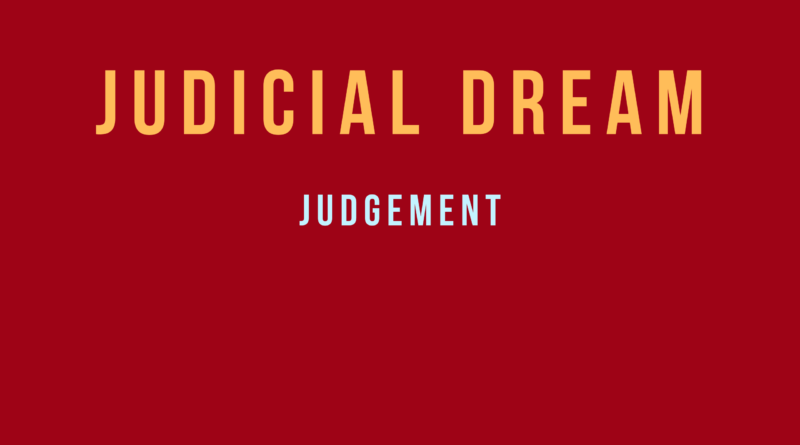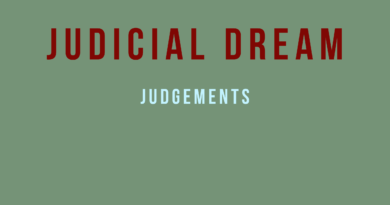SEC 149 IPC

Mahendra vs State Of MP, 2022 SC
FACTS – The complainant had lodged a report against the appellants and 18 others on that basis FIR was registered on and a chargesheet was submitted against the appellants and 18 other accused persons under Sections 148, 294, 341/149, 325/149, 323/149, 324/149 and 427/149 of IPC.
In the report it was stated by the complainant and his sons had gone to a village in order to lift the engine of a tractor and when they were coming back after lifting the engine in their tractor trolley, on the way 15-20 persons who were armed with lathi and axe came there with a common object of eliminating them and started beating his son Bachna with lathi and axe by abusing him with filthy language. They were Mahendra Singh, Roop Singh, Khilan Singh and 10 to 12 other persons, whose names are not known to him.
The Trial Court chargesheeted 20 persons under Sections 148, 294, 341/149, 325/149, 323/149, 324/149 and 427/149 of IPC, which was denied by the accused persons.
The Trial Court by its judgment dated convicted the appellants under Sections 148, 325/149 and 323/149 IPC. The chargesheet was filed implicating 20 accused persons who faced trial and the learned Trial Court acquitted 17 out of 20 accused persons who faced trial and three accused persons were finally convicted under Sections 148, 325/149 and 323/149 IPC.
The Trial court judgment came to be confirmed on appeal before the learned 3rd Additional Sessions Judge, Vidisha and the criminal revision petition preferred at the instance of the appellants also came to be dismissed under the impugned judgment.
CAUSE – Judgment passed by the High Court of Madhya Pradesh, Bench at Gwalior in Crl. Revision upholding conviction of the appellants for offence under Section 325 read with Section 149 of the IPC.
ARGUMENTS – Counsel for the appellants submitted that ingredients of Section 149 of an unlawful assembly requires that the membership must be five or more and in the instant case out of 20 accused persons who faced trial, three have been convicted by the learned Trial Court under the and the essential condition of unlawful assembly is that it must be of five or more persons, as contemplated under Section 141 IPC. Taking assistance thereof, counsel submits that the conviction under the impugned judgment of the appellants under Sections 325 with the aid of Section149 IPC is unsustainable in law.
Counsel for the respondent, while supporting the judgment impugned submits that 20 persons were chargesheeted who faced trial and thus merely because final conviction was of three accused persons under Sections 325 with the aid of Section 149 IPC, the requirement of Section 141 which contemplates unlawful assembly of five or more persons is being completely meted out and after the matter has been examined by the Court below on merits upholding conviction of the present appellants, it needs no interference by this Court.
ISSUE – Whether it is necessary that five or more persons necessarily be brought before the Court for a conviction under Section 149 IPC?
DECISION – It is an essential condition of an unlawful assembly that its membership must be five or more. At the same time, it may not be necessary that five or more persons necessarily be brought before the Court and convicted. Less than five persons may be charged under Section 149 if the prosecution case is that the persons before the Court and other numbering in all more than five composed an unlawful assembly, these others being persons not identified and unnamed.
However, in the instant case, the persons are specifically named by the complainant and against them, after the investigation, chargesheet was filed and all the 20 accused persons faced trial. It was not the case of the prosecution that there are other unnamed or unidentified persons other than the one who are chargesheeted and faced trial.
When the other coaccused persons faced trial and have been given benefit of doubt and have been acquitted, it would not be permissible to take the view that there must have been some other persons along with the appellant in causing injuries to the victim. In the facts and circumstances, it was as such not permissible to invoke Section 149 IPC.
The appellants may be held responsible for the offence, if any, which could be shown to have been committed by them with regard to the participation of others but that was not the case of the prosecution.
In the given facts and circumstances, in our considered view, the conviction of the present appellants under Section 325 with the aid of Section 149 IPC at least could not have been invoked.
Consequently, the appeal succeeds. The judgment of the Trial Court convicting the appellants under Sections 148, 325/149 and 323/149 IPC, which came to be confirmed by the High Court under its revisional jurisdiction is hereby quashed and set aside.




